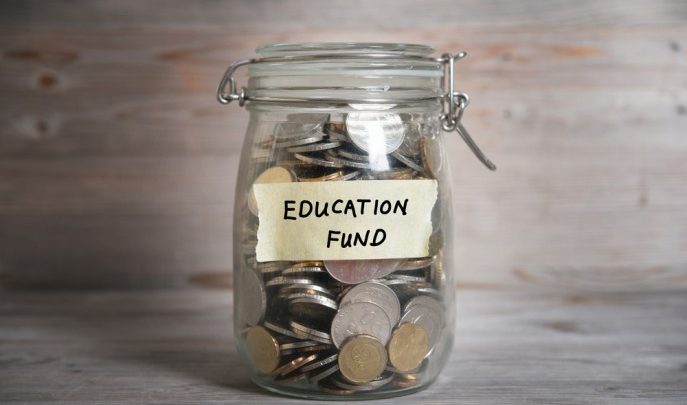Is Early Education And Childcare Facing A Crisis?

The sector must look to sustainability and get creative if it’s going to survive in a fit enough state to improve children's lives

- by June O'Sullivan OBE
- CEO of the London Early Years Foundation Visit website

Business sustainability is a no-brainer. Staying sustainable means developing a healthy business model that provides employment for staff and a service to customers. Good businesses invest to ensure continual improvement, which benefits everyone who uses their services.
What drives sustainability? A regular income that ensures you can plan for the year and which brings in a little more than the costs of the business. This profit helps you better plan, provides funds to manage any unexpected crises and can allow you to reinvest to build the sustainability for the future.
The diversity of the early education and childcare sector – its ability to use different business models to deliver services, and draw on expertise and ideas from professionals across the maintained, private and voluntary sectors – can be seen as a source of strength. But can we create a synergy from our assortment of business models that can deliver great outcomes for children and their families?
Income is derived from various sources depending on the business model. Private nurseries sell directly to parents and set fees at a level that ensures that the full costs are covered. Schools are funded by the taxpayers. Children’s centres depend on local authority funds, and charities rely on a selection of grants and donations.
Until recently, the DfE funded a number of organisations through its grants programmes. This has not secured sustainability, if the fate of Kids Company and 4Children are anything to go by. These organisations no longer exist, although other charities and local authorities have taken on their work.
As someone who runs a social enterprise, I think our model has a role to play in the sustainability game. Like the private sector we sell places directly to parents, setting fees that will cover our costs, but the business model is also designed to ensure we subsidise a considerable proportion of places for children from disadvantaged backgrounds.
Relying on grants and government funding is a dangerous game, as we’ve seen. At least, 4Children were saved by a sensible CEO who negotiated a safe exit to Action for Children and Barnardos. That’s not the case for all charities. How quickly the warm, ego-swelling feeling of being in the government’s bosom evaporates…
New strategies
We don’t talk enough about sustainability in terms of what it can do to improve children’s lives. For example, the government is fast becoming the biggest customer in the sector, especially if the 30 hours policy is pushed through. What will that mean for sustainability, given they want to pay a bargain price for childcare places?
How do we manage a debate about sustainability that is threatened by ill-considered policy decisions?
We are currently facing one of the biggest crises ever: the recruitment catastrophe. Nurseries are closing because they cannot hire enough staff, agency fees have gone through the roof and parents may well decide to remove their children from settings with high staff turnover. All this driven by the GCSE A to C decision.
Sustainability should be a subject that drives a more innovative and constructive discussion about services to children. This includes conversations about growing, merging, partnering or closing settings in order to drive more sustainability. Maybe it’s time for a much bigger social enterprise conversation.
Bringing business and social responsibility into one approach is bringing the best of both worlds together. However, as with any business, social enterprises will only work if the model is financially and socially sustainable. The DfE wasted a lot of taxpayer’s money shoring up failing charities that depended on grants and government contracts to survive.
It’s time to look at alternative ways of sustaining our services so we can better meet our collective social responsibility.
About the author June O’Sullivan MBE is the CEO of the London Early Years Foundation. Read her blog at juneosullivan.wordpress.com or connect on Twitter @JuneOSullivan










